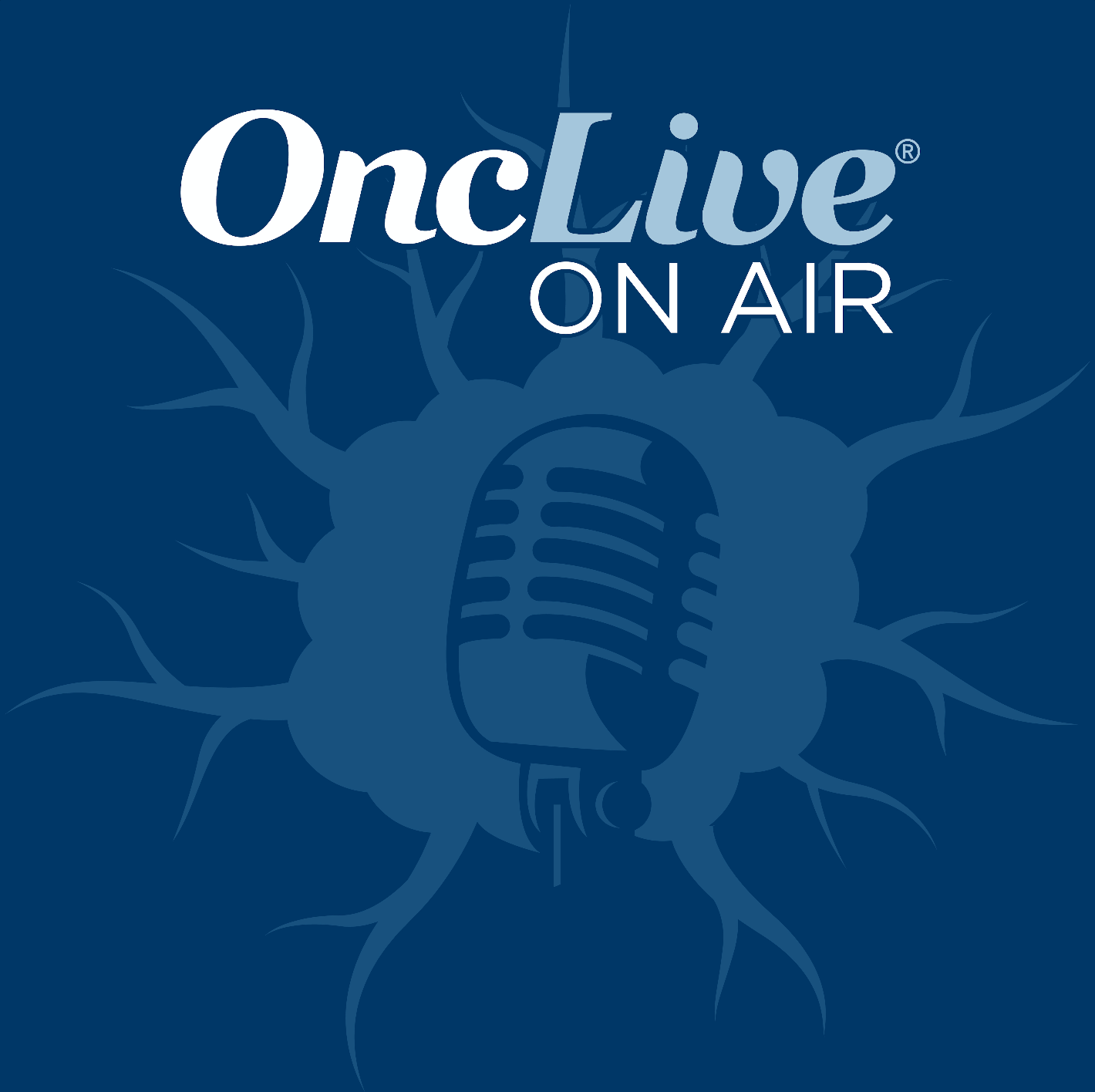News
Article
ROSALIE Trial of EO2401/Nivolumab/Bevacizumab in Recurrent Glioblastoma Concludes
Author(s):
The database of the phase 1/2 trial of EO2401 in combination with nivolumab with or without bevacizumab in recurrent glioblastoma has locked.
Jan Fagerberg, MD, PhD

The database of the phase 1/2 EOGBM1-18/ROSALIE trial (NCT04116658), which is evaluating EO2401 in combination with nivolumab (Opdivo) with or without bevacizumab (Avastin) in patients with recurrent glioblastoma, has been locked.1
During the Society for Neuro-Oncology 2023 Annual Meeting, investigators presented updated results from ROSALIE demonstrating that patients who received EO2401 with nivolumab and bevacizumab (n = 26) achieved an 18-month overall survival (OS) rate of 43.1% (95% CI, 20.6%-63.9%). At a median follow-up of 13.4 months, the median OS and progression-free survival (PFS) was 14.5 months (95% CI, 8.0-18.5) and 5.5 months (95% CI, 3.7-7.3), respectively. The 6-, 12-, and 18-month PFS rates were 42.9% (95% CI, 23.2%-61.1%), 21.4% (95% CI, 7.9%-39.3%), and 7.1% (95% CI, 0.6%-26.0%), respectively; the 6- and 12-month OS rates were 84.6% (95% CI, 64.0%-93.9%) and 57.4% (95% CI, 36.4%-73.8%), respectively.2
“The achievement of the first trial evaluating EO2401 represents a major milestone for Enterome,” Jan Fagerberg, MD, PhD, chief medical officer of Enterome, the developer of EO2401, said in a press release. “With a total of 100 patients enrolled, of which 41 received the combination of EO2401 with nivolumab and bevacizumab, alongside extensive follow-up, we are confident that the ROSALIE study provides a compelling foundation for evaluating this novel immunotherapy as a potential treatment for patients with recurrent glioblastoma. With an encouraging clinical efficacy, we are now looking forward to sharing the final data with the scientific community in the coming months.”1
ROSALIE was a multicenter, open-label, first-in-human study of the peptide immunotherapy EO2401 in combination with nivolumab with or without bevacizumab in patients with recurrent glioblastoma. The primary end point was safety and tolerability; secondary end points included clinical efficacy, immunogenicity, and other exploratory end points.2
The cohort of patients that received EO2401 plus nivolumab and bevacizumab had a median age of 61 years (range, 24-73). Most patients were male (62%), did not have an IDH1 mutation (92%), and had a baseline KPS of at least 90% (54%). The median time from initial diagnosis to study start was 11 months (range, 6-98).
Additional findings from ROSALIE showed that the objective response rate among patients treated with EO2401 plus nivolumab and bevacizumab was 34.6% (95%. CI, 17.2%-55.7%), the median time to objective response was 1.9 months (95% CI, 1.3-4.5), and the median duration of objective response was 13.1 months (95% CI, 3.7-18.5). The disease control rate was 88.5% (95% CI, 69.8%-97.6%), and the median duration of disease control was 5.5 months (95% CI, 3.8-7.4).
In terms of safety, across all cohorts (n = 100), the most common any-grade treatment-related adverse effects (TRAEs) were fatigue (19%), increased alanine transaminase (10%), increased aspartate transferse (9%), headache (9%), nausea (7%), pyrexia (7%), hyperthyroidism (6%), hypothyroidism (6%), diarrhea (6%), increased gamma-GT (6%), pruritus (6%), vaccination complication (6%), and decreased white blood cell count (5%). Grade 3 or greater TRAES were reported in 16% of patients, 10 patients experienced AEs leading to treatment discontinuation, and 2 patients died due to AEs.
“T cells are nature's most effective weapons against cancer cells, yet their potential is restrained by immunological self-tolerance,” Pierre Bélichard, PhD, MBA, chief executive officer of Enterome, said in the press release. “The ROSALIE study represents the first demonstration of OncoMimics™ immunotherapies’ ability to overcome immune tolerance, promising new avenues for targeting cancer cells. The trial provides a strong basis for pursuing a registrational path for EO2401 and expanding our pipeline to other indications. I am proud of the immense work accomplished by the Enterome team since the recruitment of the first patient in 2020. I also would like to thank patients, their families, and investigators whose dedication made this groundbreaking study possible."1
References
- Enterome announces successful completion of phase 2 ROSALIE study of EO2401 in recurrent glioblastoma. News release. Enterome. April 17, 2024. Accessed April 17, 2024. https://www.globenewswire.com/news-release/2024/04/17/2864333/0/en/Enterome-Announces-Successful-Completion-of-Phase-2-ROSALIE-Study-of-EO2401-in-Recurrent-Glioblastoma.html
- Reardon D, Idbaih A, Vieito M, et al. CTIM-25. EO2401 peptide immunotherapy + nivolumab +/- bevacizumab in first recurrent glioblastoma: the phase 1/2 EOGBM1-18/ROSALIE STUDY (NCT04116658). Neuro Oncol. 2023;25(suppl 5):v67-v68. doi:10.1093/neuonc/noad179.0265








